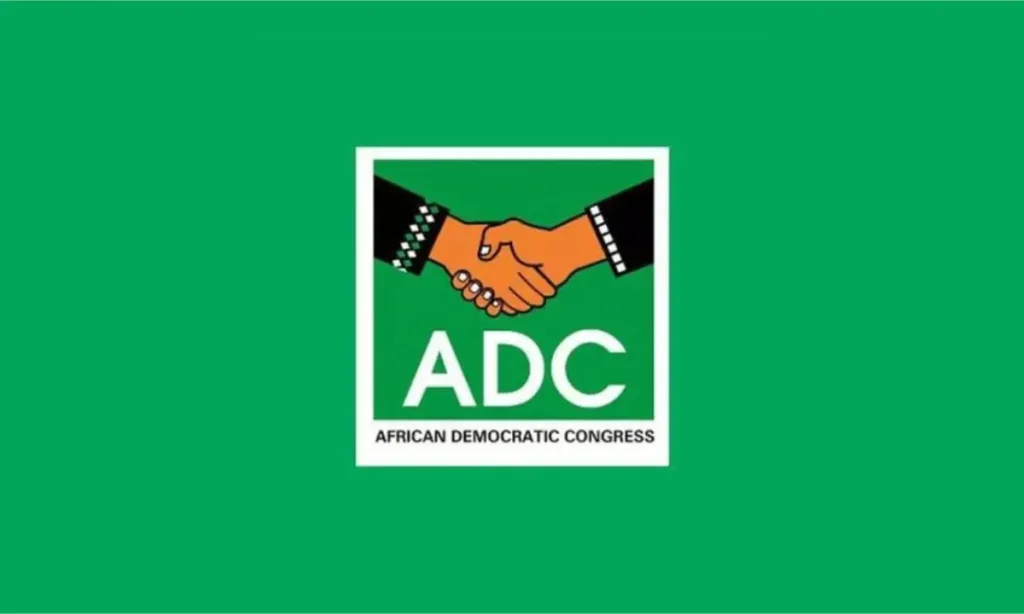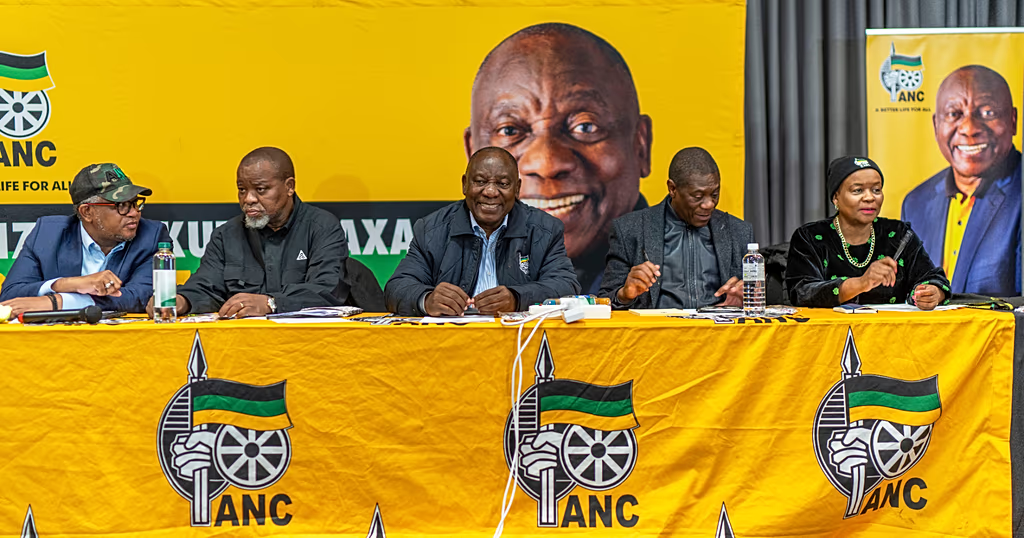The Petroleum Products Retail Outlets Owners Association of Nigeria, PETROAN, has warned that the country’s filling stations may shut down unless the federal government provides a bailout to sustain the current lower petrol price or allows the market to determine the fair price. According to PETROAN’s national president, Billy Gillis-Harry, the current lower pump prices are not guided by fair market pricing, but rather by artificial adjustments that could have damaging consequences.
In an interview, Gillis-Harry explained that the decrease in fuel prices, which dropped to between N930 and N945 per liter in Abuja last week, does not reflect the actual cost of importing, refining, or distributing petrol. He emphasized that the market is being distorted, as petrol prices are not determined by supply and demand dynamics or actual market fundamentals. This distortion could lead to supply shortages, triggering another round of price hikes or scarcity.
Gillis-Harry stressed the need for “right sizing, right pricing, fair pricing, and honest value” in the petroleum market. He argued that the current reliance on a single dominant refinery, Dangote, is unhealthy for competition and stability in the downstream sector. The PETROAN president warned that many marketers will eventually lack the capital to continue purchasing products, leading to supply shortages and potential price volatility.
The situation highlights the need for the government to intervene and allow market forces to determine the fair price of petrol. Gillis-Harry emphasized that the sooner the market returns to fair pricing, the better the determination of the price will be. He also noted that the current pricing is not determined by fair market pricing or market forces of demand and supply, but rather by unique circumstances that may not be sustainable in the long term.
The warning from PETROAN comes as the Nigerian government faces pressure to maintain affordable fuel prices amid economic challenges. The association’s concerns underscore the need for a sustainable solution to the country’s petroleum pricing challenges, one that balances the needs of consumers, marketers, and the economy as a whole. As the situation continues to unfold, it remains to be seen how the government will respond to PETROAN’s warning and address the underlying issues affecting the petroleum market.


![africa cup semifinals egypt beats ivory coast Nigeria, Egypt complete AFCON semi-final lineup [Football Now]](https://mediatalkafrica.com/wp-content/uploads/2026/01/Africa-Cup-semifinals-Egypt-beats-Ivory-Coast.jpg)
